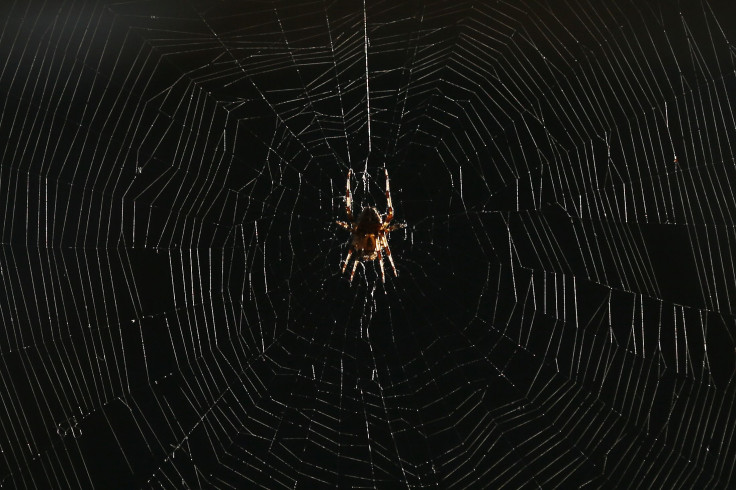Limpet Teeth Beat Spider Silk As Strongest Natural Material

Limpet teeth are found to be stronger than spider silk, according to new research. Scientists in Britain have discovered that limpets, snail-like creatures with conical shells, have teeth with structures so strong that they can be copied to be used in making cars, boats and planes.
Until now, spider silk has been the strongest known natural material. It has applications across objects like bullet proof vests and computer electronics because of its strong structure. However, now, limpet teeth have been found to have potentially greater strength, according to the lead author of the study, Asa Barber, a professor at Portsmouth University's school of engineering.
Barber’s team studied the detailed mechanical behaviour of teeth from limpets with atomic force microscopy, a method by which materials are pulled apart all the way down to the level of the atom. The team found that limpet teeth contain a hard mineral known as goethite, which forms in the limpet as it grows.
In the study, published in the Royal Society’s scientific journal Interface, the researchers said that limpets need high strength to grasp rock surfaces and to scrape off algae when the tide is in. They found the fibers of goethite to be just the right size to make a resilient composite structure.
This fibrous structure found in limpet teeth could in the future be copied by materials scientists and used in high performance applications such as Formula 1 racing cars, the hulls of boats and the bodies of aircraft. The material made by imitating limpet teeth fibres will be strong and lightweight.
Limpets are shelled creatures that cling with tenacity to rocks and stone surfaces in intertidal areas. Their teeth are thinner than a human hair. The material in limpet teeth is particularly useful as it does not lose strength with increasing size. Usually, the bigger a structure, the more flawed it is, and consequently, it is weaker. The material found in limpet teeth, however, remains just as strong no matter what its size.
To contact the writer, email: sonali.raj@gmail.com





















